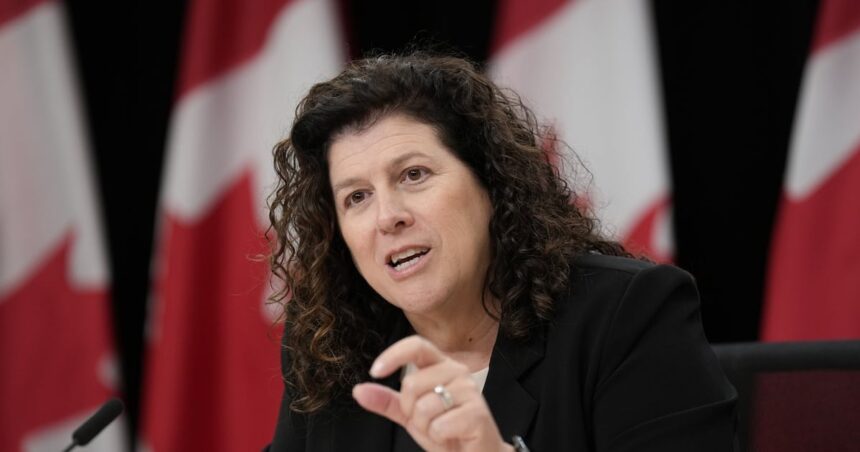In a highly anticipated move, Canada’s Auditor General will release their comprehensive report today examining the contentious ArriveCan application and the company responsible for its development and implementation. The report comes after months of intense scrutiny and mounting questions about the app’s ballooning costs and procurement practices that have dominated Canadian political discourse.
The ArriveCan application, initially launched in 2020 as a pandemic measure to streamline border crossings with digital health information, has faced persistent criticism after its budget reportedly swelled from an initial $80,000 to over $54 million by early 2023. Parliamentary committees and opposition parties have demanded answers about how such significant cost overruns occurred.
“This audit represents one of the most significant examinations of government technology procurement in recent years,” said Dr. Elaine Thompson, public administration expert at the University of Toronto. “The findings will likely have far-reaching implications for how digital services are contracted and managed within the federal government.”
The report is expected to address several critical questions that have troubled Canadian taxpayers, including whether appropriate competitive bidding processes were followed, if there was adequate oversight of contractor performance, and whether Canadians received fair value for the substantial investment.
Internal documents obtained through Access to Information requests revealed that GC Strategies, the primary contractor behind ArriveCan, subcontracted significant portions of the work while reportedly marking up costs by as much as 30%. The company’s executives have previously defended their practices before parliamentary committees, maintaining they followed all government procurement regulations.
Finance Minister Chrystia Freeland acknowledged the significance of the report yesterday, stating: “Transparency and accountability in government spending remain paramount priorities. We await the Auditor General’s findings and will respond appropriately to any recommendations.”
Opposition critics have been less reserved in their assessment. Conservative MP Michael Barrett called the ArriveCan situation “potentially one of the most egregious examples of government waste in a generation,” and has promised to pursue further investigations depending on the report’s findings.
The timing of this report is particularly noteworthy as it comes amid a broader national conversation about government digital transformation efforts and the challenges of implementing technology solutions at scale. Industry observers note that the findings could influence upcoming federal procurement policies and contractor oversight mechanisms.
Beyond the immediate political implications, the report raises fundamental questions about Canada’s approach to digital government services. As countries worldwide accelerate digital transformation efforts, how can Canada ensure effective oversight while still fostering innovation in government technology?
The Auditor General’s report will be tabled in Parliament at 10:00 AM Eastern Time, with immediate reactions expected from across the political spectrum. CO24 will provide comprehensive analysis of the findings and their implications for Canadian governance and accountability.
As we await these critical findings, one question remains paramount: Will this report finally provide Canadians with the transparency they deserve about how their tax dollars were spent on this controversial digital initiative?


















